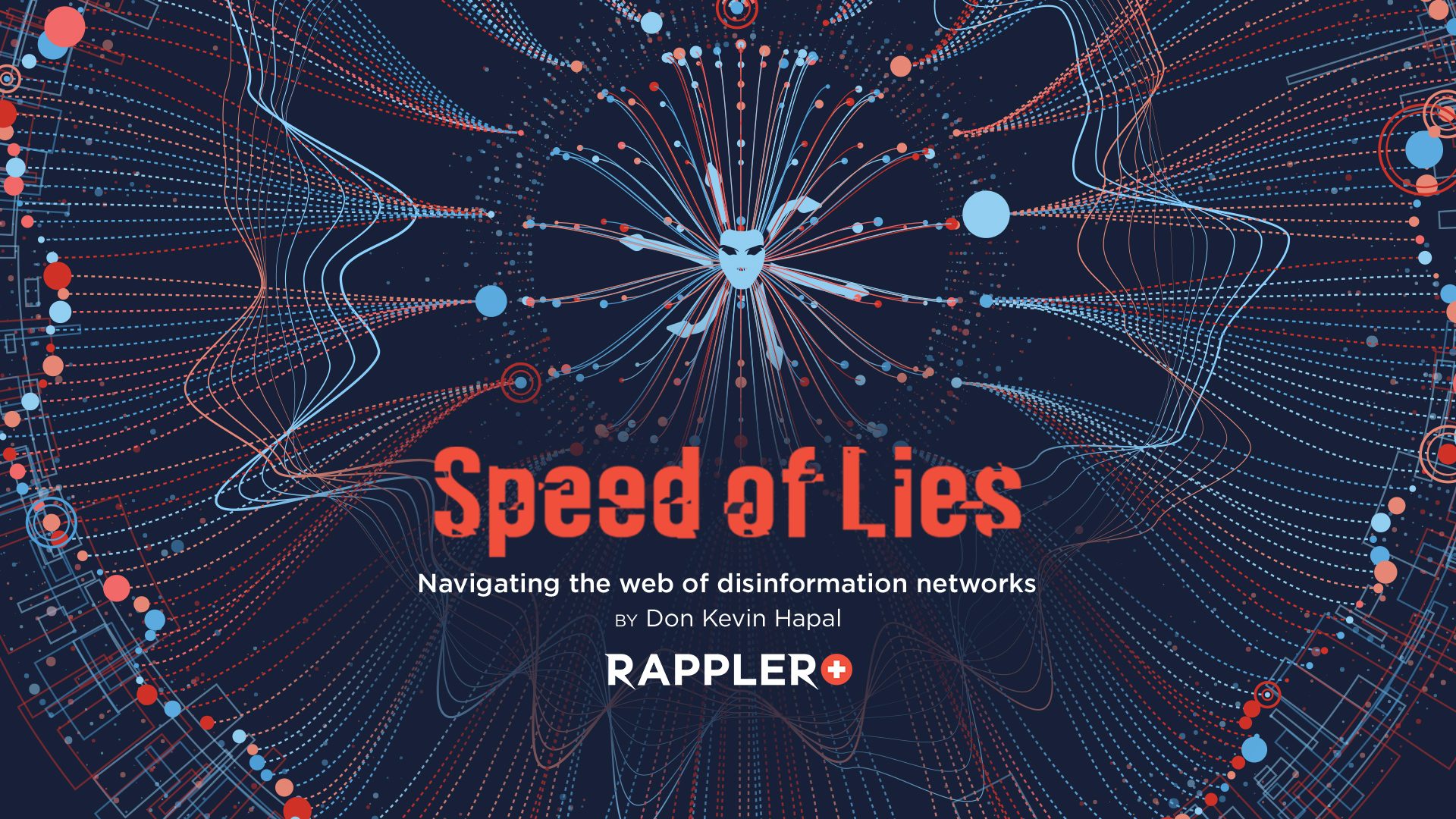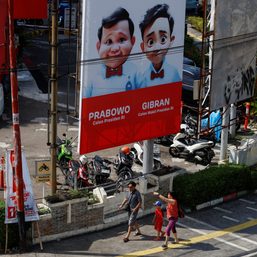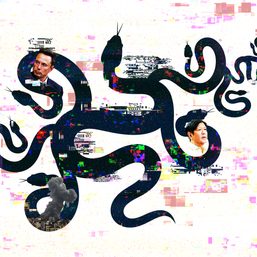SUMMARY
This is AI generated summarization, which may have errors. For context, always refer to the full article.

Whenever I go out to speak in public about our disinformation research, I notice I’m always asked the same question: “What’s different now?”
The question means that disinformation is nothing new. “Fake news,” although a major phenomenon in the internet era, has always been a problem humanity has had to deal with. Yet here we are, seemingly stumped as to how we could get through this plague of the 21st century even as we’re getting through an actual plague.
My answer to that question is related to the name of this newsletter. What’s different is the speed at which lies travel across public spaces. Filipinos, for example, are especially familiar with lying politicians. But the same lies we used to hear then spread much faster and wider now, thanks to platforms that disrupted – and continue to disrupt – the way we communicate.
In these platforms ruled by data and algorithms, lies laced with anger travel the fastest. Facts, often not as novel or rosy, simply cannot catch up.
Strategic Lying
And when dishonesty is rewarded with more reach, it becomes a PR strategy. Ivor Gaber, a professor in the UK, even had a name for it: “strategic lying,” in which a politician tells a deliberate lie with the purpose of shifting the news agenda onto his or her preferred territory. Sounds familiar?
Harry Roque, the former presidential spokesperson, is a master of this craft. Like when he cheered and claimed that the country was finally winning against COVID-19 even when the numbers were clearly still rising, or when he brazenly came up with the most absurd spins for President Rodrigo Duterte’s even more problematic claims.
But absurdity is the goal in this political tactic. The more absurd the claim, the more sensational and viral it becomes on social media. In “strategic lying,” it doesn’t matter whether a claim can be easily rebutted because rebuttals themselves just give the lie more reach and attention. Roque’s role was to flood our spaces with information and muddle the conversation, bringing it to levels so low we wonder if they’re even worth our energy. We’d think it’s stupid but at the end of the day, he’s fulfilled his duty to his master.
You also have personalities like Apollo Quiboloy, a self-proclaimed messiah, that comes with the most absurd claims that range from stopping earthquakes to causing the omicron variant of COVID-19. It’s all fun and laughs until you realize how these distract you from heinous crimes that the supposed “appointed son of God” is charged with.
Quiboloy’s lies are so novel, that those who know better think they know better and toss him on the sidelines of the circus. But this man knows exactly what he’s doing.
In the past six years, he’s grown richer and more influential with support from his dear friend, Duterte himself. And he continues to grow his influence by building and ramping up his own media network, which has since become an important piece in state-sponsored information operations. This outlet does not only speak praise of its owner, but it also serves as a platform for government propaganda and attacks against critics, journalists, and activists. The irony of it all is how this network attacks journalists by pretending to be run by journalists and disguising their content as news.
Speaking of absurd lies, we have to talk about the Marcoses. You’ve probably already heard of the myth of a golden era under Martial Law and the supposed lies we’re told about the crimes committed against the Filipinos. Then there’s the story of the Tallano gold and the Marcos wealth which is so sensational, some guy’s making money from selling Tallano gold soaps online.
The discourse about the Marcoses is so mired with lies, yet there’s no denying that it’s only so far worked for them. I’ve seen people become so passionate about pushing back against Marcos disinformation. But not only are these lies characteristically more viral than the facts, they are also boosted by sophisticated information operations. By the way, you may not have heard of it, but a recent Rappler investigation led to the takedown of over 300 accounts from the Marcos network on Twitter.
Untangling the web of disinformation networks
These lies, these damned lies, have been a source of both disgust and obsession for me and my small team at Rappler. Those who have been following our coverage would know that Rappler has been invested in studying disinformation since 2015. And just last year, we decided to step this up a notch and built a dedicated Digital Forensics Team.
Why is this move important? Among many other reasons, we’re at the advent of a make-or-break election: a pivotal moment in history that will decide our fate as a nation. Whether we’ll continue to live in this climate of hate, lies, and impunity will be largely determined by the leaders we elect. With the stories we’ll produce in the next few months, we hope you get to know your potential leaders better – their truths and untruths.
In this Rappler+ exclusive newsletter, I will be sharing with you our research, the insidious lies around us, and HOW they spread. We’ll be showing you what goes behind Rappler’s battle for facts and highlight the work of other brilliant researchers in the space.
Join me and my team in this journey as I follow the trail of dishonesty and untangle the webs of disinformation.
Add a comment
How does this make you feel?
![[DECODED] Today’s most pressing issues — in data](https://www.rappler.com/tachyon/2024/07/decoded-carousel-nerve.jpg?resize=257%2C257&crop=264px%2C0px%2C674px%2C674px)

![[OPINION] Data is crucial to preventing gender-based violence](https://www.rappler.com/tachyon/2023/11/TL-ogbv-nov-28-2023.jpg?resize=257%2C257&crop=271px%2C0px%2C720px%2C720px)

![[OPINION] Leveraging non-traditional data for COVID-19 recovery](https://www.rappler.com/tachyon/2021/07/shutterstock-phone-hack-data-ls.jpg?resize=257%2C257&crop_strategy=attention)





![[DECODED] The Philippines and Brazil have a lot in common. Online toxicity is one.](https://www.rappler.com/tachyon/2024/07/misogyny-tech-carousel-revised-decoded-july-2024.jpg?resize=257%2C257&crop_strategy=attention)



![[Rappler’s Best] US does propaganda? Of course.](https://www.rappler.com/tachyon/2024/06/US-does-propaganda-Of-course-june-17-2024.jpg?resize=257%2C257&crop=236px%2C0px%2C720px%2C720px)




![[OPINYON] Tungkol sa naging viral na social media conjecture](https://www.rappler.com/tachyon/2024/07/thought-leaders-conjecture-07262024.jpg?resize=257%2C257&crop_strategy=attention)



There are no comments yet. Add your comment to start the conversation.